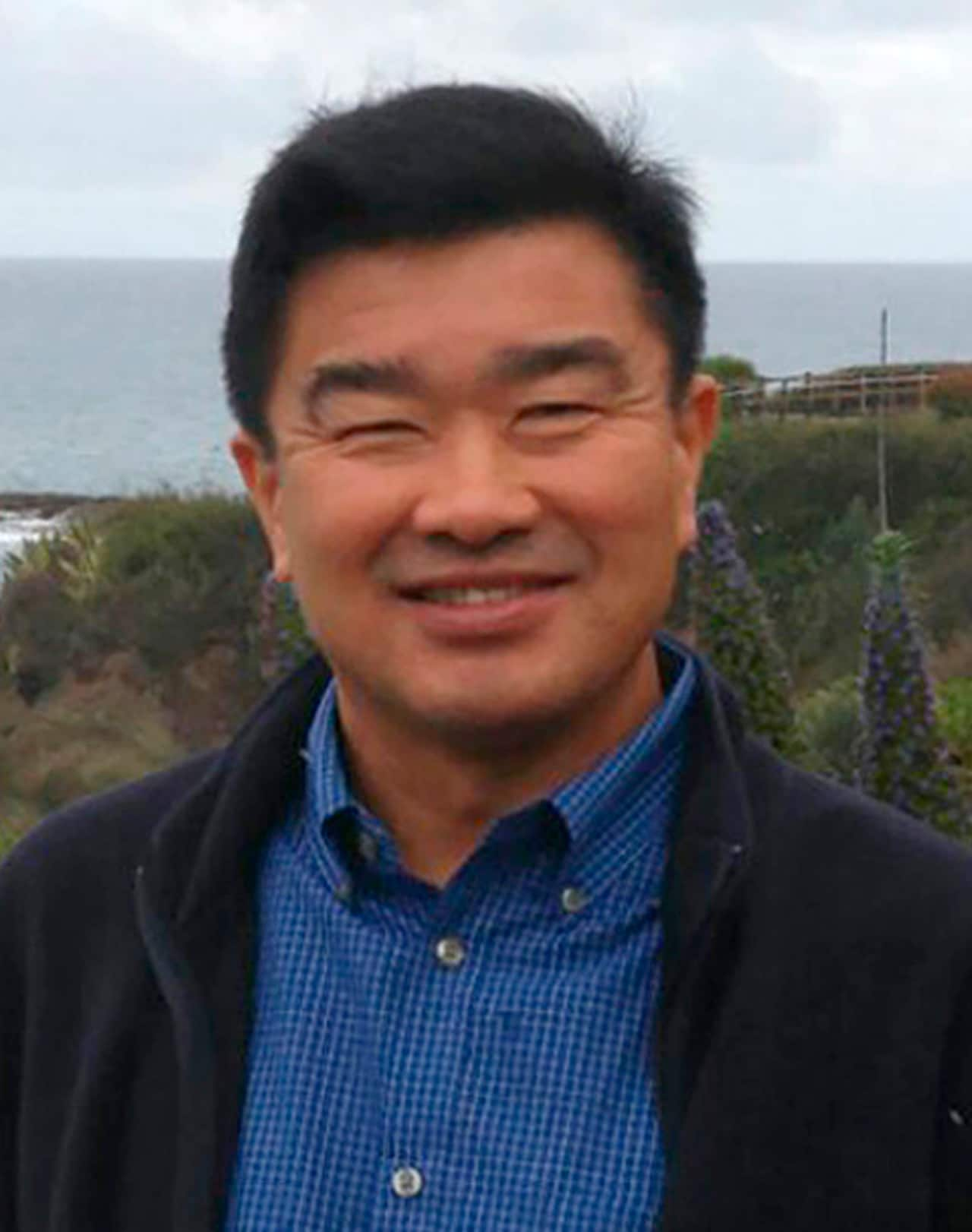US President Donald Trump will greet three Americans released by North Korea, at an airbase near Washington Thursday, underscoring a much needed diplomatic win and a stepping stone to a historic summit with Kim Jong Un.
Trump will make the short helicopter ride from the White House to Joint Base Andrews to meet Kim Hak-song, Tony Kim and Kim Dong-chul in person, after their release on from North Korea on Wednesday.
The North Korean regime granted the three men "amnesty," a US official said, removing a major point of friction between Washington and Pyongyang and a potential obstacle to talks between the Cold War foes.
"I am pleased to inform you that Secretary of State Mike Pompeo is in the air and on his way back from North Korea with the 3 wonderful gentlemen that everyone is looking so forward to meeting. They seem to be in good health," Trump tweeted.
Until now, the only American released by North Korea during Trump's presidency has been Otto Warmbier, a 22-year-old university student who returned to the US in a coma last summer after 17 months of captivity and died days later.
Warmbier's death escalated US-North Korea tensions, already running high at the time over Pyongyang's stepped-up missile tests.
South Korea is also pushing for the release of six of its nationals held by Pyongyang including three defectors originally from North Korea, and three Christian missionaries -- the first of whom was detained in 2013.
Pompeo's visit comes with Trump preparing for a historic summit with North Korean leader Kim Jong-un in the coming weeks, as a dramatic diplomatic thaw on the peninsula quickens.
These are the US citizens:
Kim Hak-song
Kim Hak-song had been working for the Pyongyang University of Science and Technology (PUST) undertaking agricultural development work with the school's farm.
He was arrested at Pyongyang railway station in May 2017 on suspicion of committing "hostile acts" against the government, as he was boarding a train headed for his home in Dandong, China.
Kim, who is in his mid 50s, was born in Jilin, China, and educated at a university in California, CNN reported, citing a man who had studied with him. He said Kim returned to China after about 10 years of living in the US.
PUST was founded by evangelical overseas Christians and opened in 2010. It is known to have a number of American faculty members and students are generally children from the North's elite.
Kim Sang-duk
Kim Sang-duk, or Tony Kim, was arrested in April 2017 at the capital's main airport as he tried to leave the country after teaching for several weeks, also at PUST.

Kim is a former professor at Yanbian University of Science and Technology in China, close to the Korean border. Its website lists his speciality as accounting.
South Korea's Yonhap news agency has reported Kim is in his late 50s and said he had been involved in relief activities for children in rural parts of North Korea. It cited a source who described him as a "religiously devoted man".
In a Facebook post, Kim's son said since his arrest his family has had no contact with him. His family said Kim will soon become a grandfather.
Kim Dong-chul
Kim Dong-chul, a South Korea-born American businessman and pastor who is in his 60s, was sentenced to 10 years' hard labour in April 2016 after being charged with subversion and espionage.
He was arrested in October 2015 after he reportedly received a USB stick containing nuclear-linked data and other military information from a former North Korean soldier.
In a interview with CNN in January 2016, Kim said he was a naturalised American who had lived in Fairfax, Virginia. He said he once ran a trading and hotel services company in Rason, a special economic zone near the North's border with China and Russia.
A month before his trial, Kim had also appeared at a government-arranged news conference and apologised for attempting to steal military secrets in collusion with South Korea. The South Korean spy agency has denied involvement.

